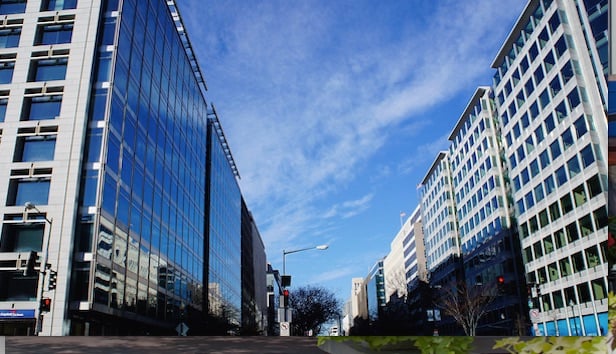WASHINGTON, DC–Since the US presidential election, the stock market has risen by 5%. This increase has been attributed to investors' confidence that with all levels of government controlled by the Republicans, a comprehensive tax plan will be passed, President Trump's $1 trillion infrastructure investment proposal will be implemented — more or less — and certain regulations will be rolled back.
The regulatory rollback is well underway, with some 90 rules loosened or stricken, according to the White House. Tax reform is expected to be tackled after health care and it is unclear where the infrastructure plan will fit in. Trump, however, seems to expect that it will happen.
It will be some time before these anticipated benefits will actually be realized and the stock market may well retrench a bit if Congress stalls or can't get legislation passed.
Recommended For You
Want to continue reading?
Become a Free ALM Digital Reader.
Once you are an ALM Digital Member, you’ll receive:
- Breaking commercial real estate news and analysis, on-site and via our newsletters and custom alerts
- Educational webcasts, white papers, and ebooks from industry thought leaders
- Critical coverage of the property casualty insurance and financial advisory markets on our other ALM sites, PropertyCasualty360 and ThinkAdvisor
Already have an account? Sign In Now
*May exclude premium content© 2025 ALM Global, LLC, All Rights Reserved. Request academic re-use from www.copyright.com. All other uses, submit a request to [email protected]. For more information visit Asset & Logo Licensing.









